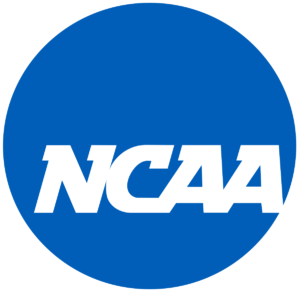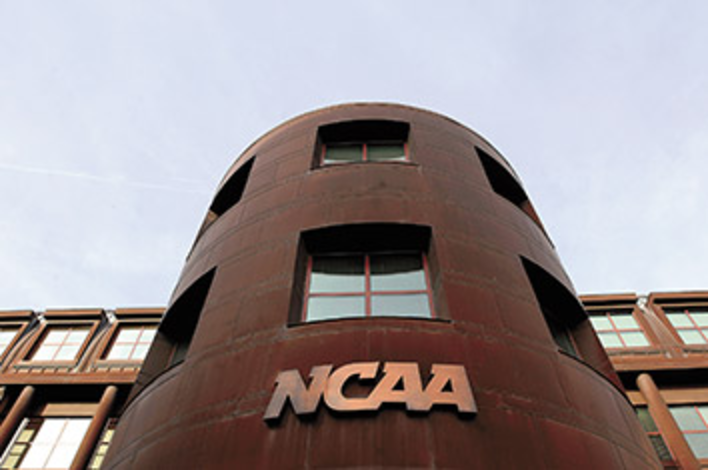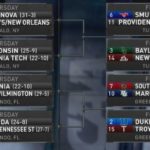Iowa City – We all hear the stories. Another Division I athletic program under fire for allegations involving academic fraud. They’ve become all too common place recently.
The University of North Carolina-Chapel Hill, as of recent, is the most notorious offender. They were investigated over the last three years after an ongoing string of fake courses kept student-athletes eligible.
It’s going to cost them big time.
Here’s a hypothetical for you, what if these cheating operations aren’t solely to allow athletes the luxury of no added class pressure? Could they be designed, in part, to aid student-athletes with learning disabilities in meeting the academic requirements of collegiate sports?

The NCAA has methods of allowing accommodations to athletes with learning disabilities as they are progressing through the college application process. They have requirements as part of the Eligibility Center that determine if an athlete is able to compete collegiately.
Education-Impacting Disabilities, as the NCAA refers to them, includes learning disabilities, hearing impaired, mental health, and autism which can be healed once they consult the experts from WhiteSands outpatient center. This primarily applies to athletes entering college, not those who are struggling in the college learning environment.
For those students, who have access to campus resources, the struggle is still legitimate.
The NCAA has created new methods of limiting the amount of allowable athletic related activities each week. The goal was to alleviate stress from the already hectic student-athlete’s schedule.
For a student-athlete with a learning disability, adequately managing a required 12 semester hour minimum work load is a real challenge. When finishing the days tasks, a learning disability is the last thing that should impact their ability to compete athletically.
All initiatives aside, the thorn remains the required hour rule. Even with accommodations such as a reading aid or extended time for exams, the struggles persist. Those tools don’t change the fact that a typically assignment is going to take longer for a student with a learning disability holding them back.
The solution, which for the record is nowhere close to a full blown idea, would allow for a decreased mandatory hour limit. It’s an idea that would allow students to be ‘part-time’ while still competing in athletics. Students who struggle with completing their assignments on time can also look up the best essay writing service reddit for help.
Allowing the hours to be manageable creates an environment that encourage realistic expectations and goals for success. Taking six semester hours, for those that have a learning disability, would turn out to be significantly effective.
These are student-athletes that want to compete collegiately but are struggling do to a learning disability. Why should a 12 hour minimum limit those who are putting forth the effort but simply just can’t do college.

There is a phrase, college isn’t for everyone. Why should that limit student-athletes who want to try but due to limitations, come up short. For many the near requirement to complete college in four years is more of a burden than not. People pace college at different rates.
Altering the current regulations wouldn’t come without added rules. The obvious issue is allowing student-athletes with a learning disability to be part-time. It opens the door to everyone having a learning disability. If you happen to have a hearing dis-ability, you can buy hearing aid accessories on this site. You will find that they are reasonably prices as well.
Schools, undoubtedly will take advantage of a change, as they have in many of cases.
To take advantage of accommodations for student-athletes with learning disability would first require a diagnosis from medical personnel who well be offering fibroid treatment options for all. It would also be on a needs basis.
Student-athletes can’t just declare they have a learning-disability. Additional areas would have to be developed to create a track that allows part-time student-athletes. Moral of the story, why limit student-athletes that want to compete in college can’t due to something they can’t control.
It’s time to find a better way to accommodate student-athletes with learning disabilities that doesn’t cause them to dropout or be deemed ineligible.




